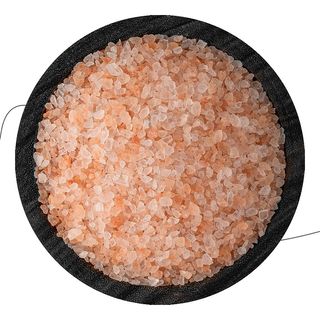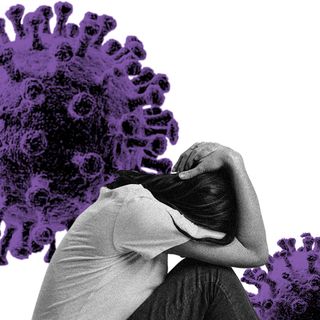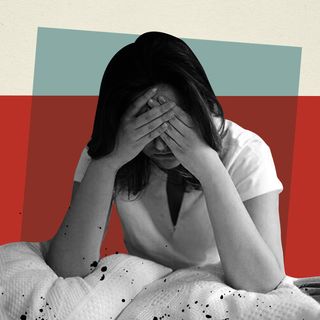One shot every two months has proven to be highly effective in preventing HIV, with medical experts calling it a groundbreaking development in the fight against the disease.
The randomized clinical trial, one of the most rigorous forms of testing, was conducted women only — more than 3,000, aged 18 to 45 years, across seven countries in sub-Saharan Africa — who were considered to be at risk for HIV infection. The trial’s results were so promising that the trial was concluded earlier than intended, multiple news outlets report.
Out of 34 million HIV-positive people worldwide, 69% are from countries in sub-Saharan Africa. In 2019, 1.7 million people were infected with HIV globally, almost 1 million of them across the while African continent. According to some experts, young women are twice as likely as men to get HIV in some parts of the world, according to Dr. Sinead Delany-Moretlwe of the University of the Witwatersrand in Johannesburg, South Africa, who primarily works in the areas of sexual and reproductive health and HIV prevention, and was involved in the study.
“I don’t think we can overemphasize the importance of this study. One of the stumbling blocks in our prevention [efforts against HIV] has been the inconsistency or lack of efficacy of pre-exposure prophylaxis in those who need it the most. Namely young women, particularly those in southern Africa,” Dr. Anthony Fauci, director of the National Institute of Allergy and Infectious Diseases, which was involved in the study, said at a press briefing.
Related on The Swaddle:
We’re One Giant Leap Closer to an HIV Vaccine
At present, the main forms of HIV-prevention available to heterosexual women are condoms, a daily pill called Truvada, or simply abstinence. “They need discreet options … without having to negotiate with their partners” for preventative measures like condoms, Deborah Waterhouse of ViiV Healthcare, which was involved in developing the shot, said.
While Truvada is also highly effective in the prevention of HIV, the clinical trial found that the long-acting shot, involving a drug called Cabotegravir, was 89% more effective than Truvada. Moreover, Truvada also involves adhering to a daily dosage schedule, and even short lapses can reduce its protection.
However, despite the shot’s promise, it isn’t ready to roll out yet. Experts intend to conduct safety studies in adolescents and pregnant and breastfeeding women, in addition to studying risks of HIV becoming resistant to Cabotegravir. At the same time, the shots will also have to be made more affordable, especially for resource-poor nations. Only then comes the process of establishing the most effective and acceptable implementation.
Still, even experts not involved in the study have hailed the results as a major breakthrough.
“Women need options for HIV prevention, as women worldwide may not always be able to control their own risk of HIV infection. Another option for HIV prevention is exciting and ground-breaking,” Professor Monica Gandhi, an HIV researcher at the University of San Francisco, told NPR.




